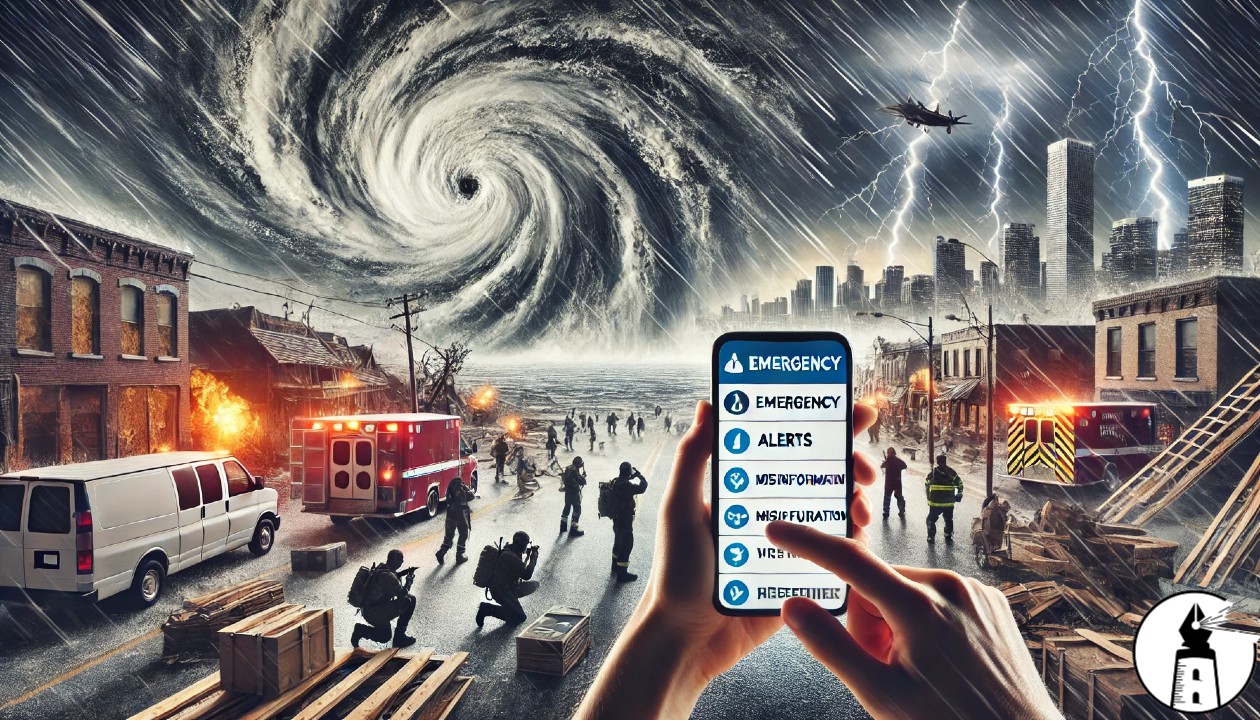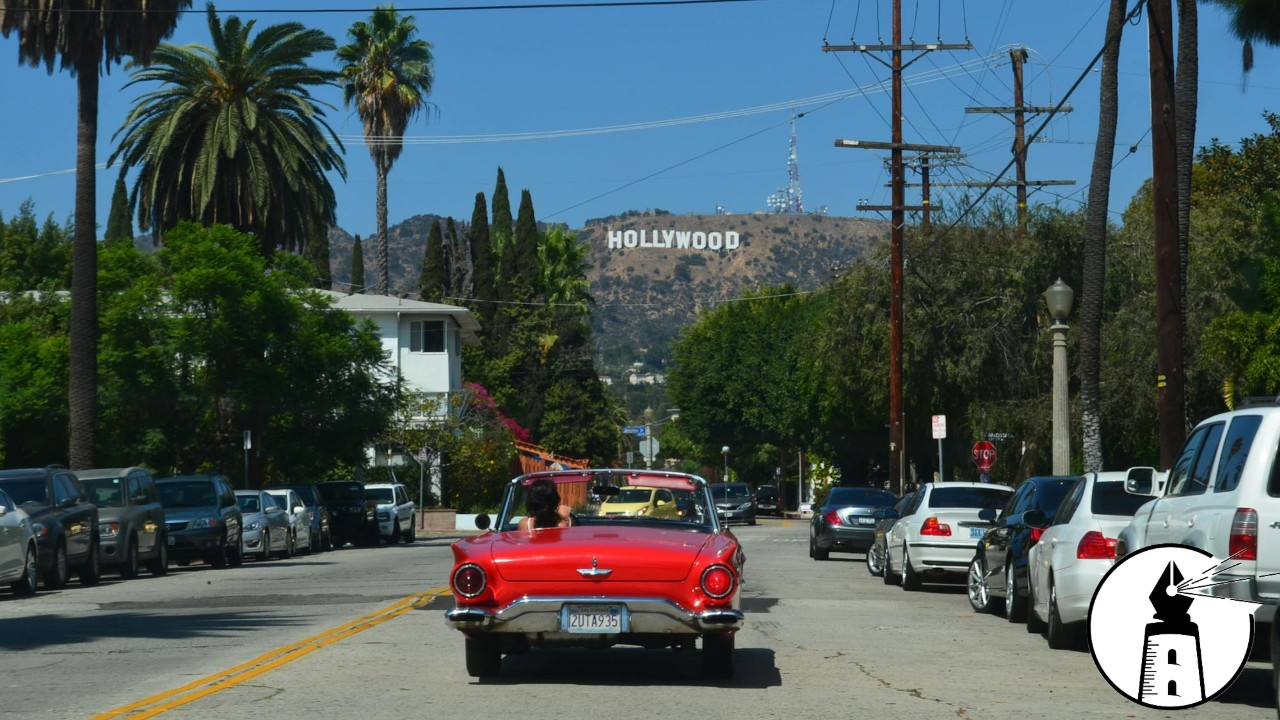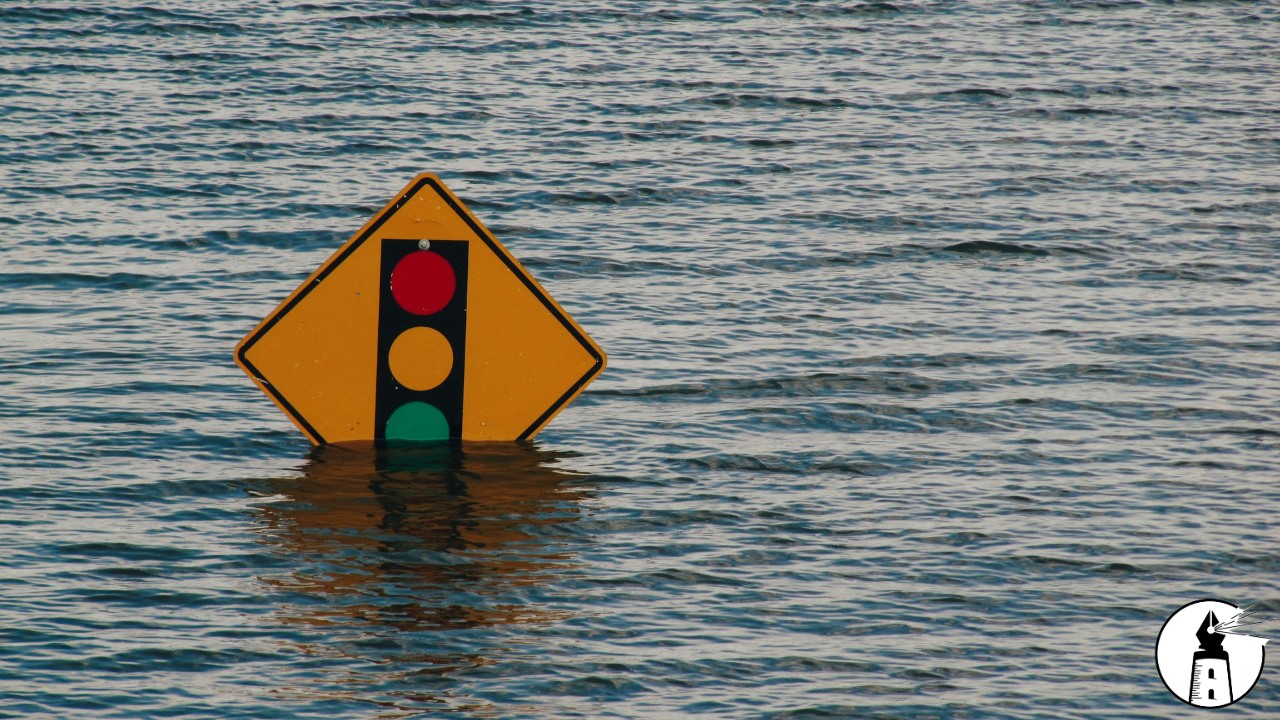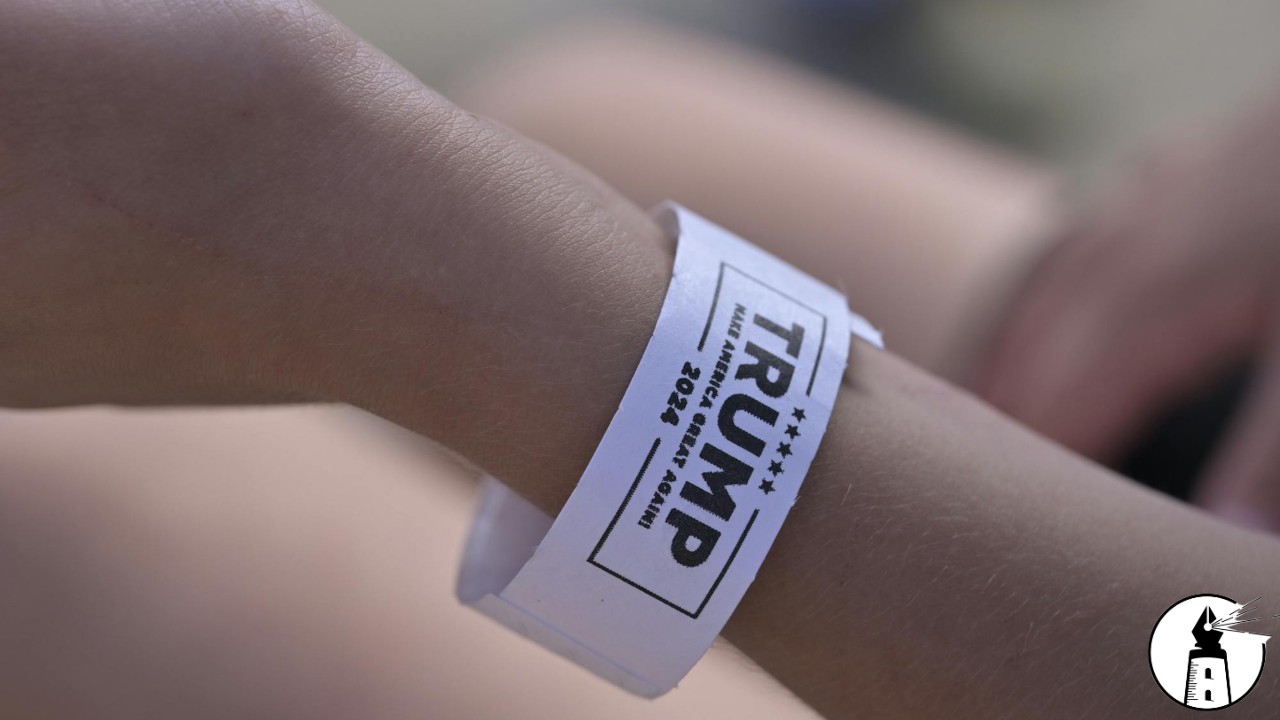By Greg Collier
As Hurricane Milton barrels across Florida, the spread of misinformation has become a critical issue, and some Republican leaders are finally pushing back against their own party’s misleading narratives. With millions being impacted by the storm, the stakes couldn’t be higher. Recently, hurricanes have been exploited for political gain, spreading false claims about government responses, funding, and even conspiracy theories involving weather control. The question is: have Republicans truly learned from the mistakes of the past, or are we seeing a temporary course correction?
A Shift in Tone Amid Crisis
The backlash against misinformation related to Hurricane Milton and the aftermath of Hurricane Helene shows that some GOP figures are taking a different approach this time. Florida Rep. Carlos Gimenez, with his background in emergency management, called out fellow Republican Rep. Marjorie Taylor Greene for her baseless claims about weather manipulation. Similarly, Sen. Mitt Romney and other prominent Republicans have criticized falsehoods perpetuated by former President Trump about federal disaster funding being diverted to migrants. It appears that at least some within the party are acknowledging that spreading conspiracy theories and unverified claims during a natural disaster isn’t just reckless, it can be dangerous.
This change in rhetoric is significant, considering that in the past, misinformation about hurricanes has gone largely unchallenged by party leaders. While some Republicans now speak out, it remains to be seen if this signals a deeper shift in how the party will handle misinformation in the future. Will these figures continue to challenge misleading claims, or will the pushback fade as the storms pass?
The Double-Edged Sword of Social Media in Crisis Situations
Social media plays a complex role in the spread of hurricane misinformation. On one hand, it can be an essential tool for disseminating life-saving information quickly. Emergency alerts, evacuation notices, and updates from local authorities can reach large audiences in seconds, potentially saving lives. Social media platforms can also help coordinate volunteer efforts and connect people in need with resources like shelter and supplies.
However, this same speed and reach make social media a powerful vehicle for spreading misinformation. The platforms’ algorithms often prioritize engagement over accuracy, meaning sensational or emotionally charged content can go viral before factual corrections catch up. During Hurricane Helene, misleading posts about FEMA’s disaster funding and bizarre conspiracy theories about weather control went viral, stoking confusion and fear at a time when clarity was crucial.
The reality is that anyone with a smartphone can share false information, whether intentionally or not, leading to an ‘infodemic’ that can overshadow actual emergency updates. For instance, some posts claimed FEMA funds were being diverted to house migrants instead of helping hurricane victims, a notion debunked by multiple officials but still widely circulated. Similarly, bizarre claims about weather manipulation resurfaced, sowing doubt and distracting from the real-life preparations and responses needed on the ground.
Lessons Not Yet Learned?
The willingness of some Republican leaders to debunk hurricane-related misinformation is a step in the right direction, but it’s only a small piece of a larger problem. Social media will continue to be a battlefield where fact competes against fiction. The danger is that misinformation can mislead people into making poor decisions, whether it’s choosing not to evacuate or believing government assistance isn’t available.
While figures like Gimenez, Romney, and even Florida Gov. Ron DeSantis have urged caution about online misinformation, the battle against falsehoods should be ongoing, not just during moments of crisis. There is a need for continuous efforts to improve media literacy, promote credible sources, and hold accountable those who spread misinformation for profit or political gain.
Republicans now face a choice: continue to challenge false claims and promote accurate information, or let the progress slip away once the spotlight moves on. The answer to whether they’ve learned from their mistakes remains to be seen. But one thing is clear: during times of crisis, misinformation is more than a nuisance, it can be a matter of life and death. As Hurricane Milton heads out to the Atlantic, one can only hope that truth will guide the response more than ever before.
Discover more from The Broad Lens
Subscribe to get the latest posts sent to your email.



